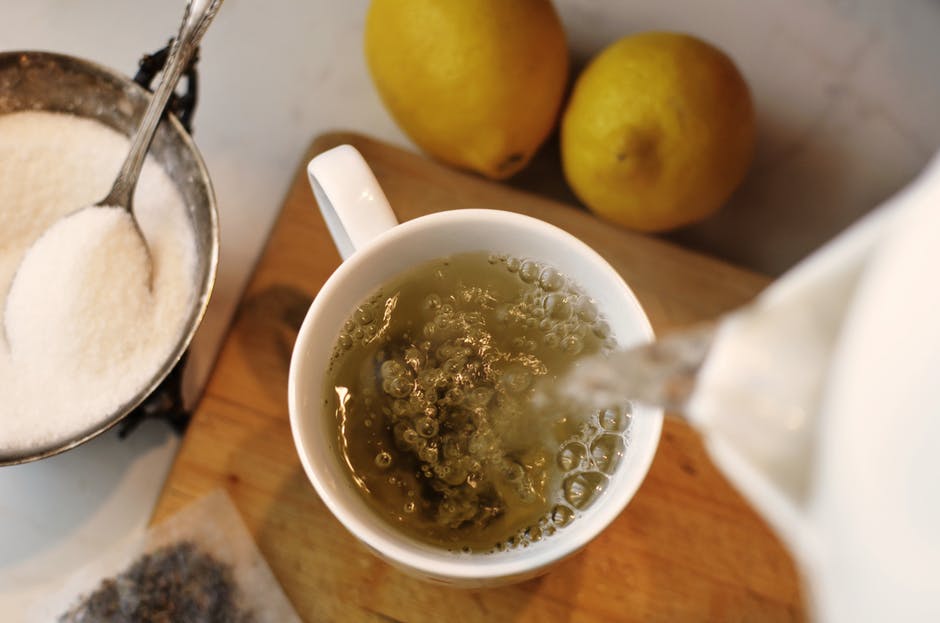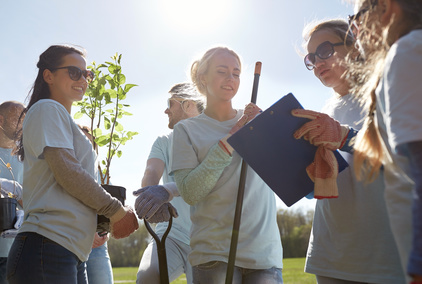Looking to switch up your fitness routine this winter? While it’s a little tougher to get outside and exercise on those chillier days, that doesn’t mean you have to give up on staying active. Don’t miss these creative ideas and important reminders for an effective winter fitness plan:
Stay hydrated
 Cooler temperatures compounded with a diminished thirst function as you age makes staying hydrated even more important during the winter months. Hydration isn’t just about drinking lots of water when you’re hot or parched, but understanding that your body requires a fine water balance to keep organs functioning properly and cells communicating successfully.
Cooler temperatures compounded with a diminished thirst function as you age makes staying hydrated even more important during the winter months. Hydration isn’t just about drinking lots of water when you’re hot or parched, but understanding that your body requires a fine water balance to keep organs functioning properly and cells communicating successfully.
Stay hydrated in the winter by eating lots of water-rich foods like soups, stews, fruits and vegetables. Also, set water reminders on your mobile device, make sure to drink an entire glass of water with each meal (and every time you take medicine) and carry around a full water bottle with you when you run errands to never lose an opportunity to drink. Don’t love water? Add some slices of lemon or fruit to it.
Try something new
 Looking to enhance your monotonous exercise routine for winter? Try your hand at some low-impact exercises that are trending big time in the fitness world. Stationary rowing provides a full body workout for key muscle groups from the legs to the arms and core, and hiking is a fun and heart-pumping respite that is also shown to help lower stress and improve overall mood.
Looking to enhance your monotonous exercise routine for winter? Try your hand at some low-impact exercises that are trending big time in the fitness world. Stationary rowing provides a full body workout for key muscle groups from the legs to the arms and core, and hiking is a fun and heart-pumping respite that is also shown to help lower stress and improve overall mood.
Yoga for older adults is also gaining popularity worldwide as it incorporates bone and muscle-building stretching and poses along with deep breathing practice and meditation. Want to step out your comfort zone, but not sure where to start? Talk to your gym or fitness centre about the various classes offered for older adults (maybe it’s Zumba, spinning, yoga, aerial yoga, or barre) and sign up for one today.
Work on your sleep
A huge component of overall well-being isn’t just your physical aptitude, but your mental fitness too. Regular, quality sleep has been shown to help you feel more awake and alert, stress less, concentrate better and even help prevent some age-related diseases like Alzheimer’s.
The shorter days of winter cue your body’s natural circadian rhythm to head into sleep mode when the sun sets. Support this natural sleep cycle by avoiding fluorescent and blue light before you go to bed, not drinking caffeine or other stimulants after lunchtime, and investing in a supportive and comfortable mattress that promotes a good night’s rest.
Ask a friend to join
 Transform your routine workout into fitness fun by asking a friend to join you! Whether it’s attending a stationary cycling class together or simply going on a brisk walk, inviting a friend to join will not only boost your motivation to stay active, but it introduces a mentally beneficial component as well.
Transform your routine workout into fitness fun by asking a friend to join you! Whether it’s attending a stationary cycling class together or simply going on a brisk walk, inviting a friend to join will not only boost your motivation to stay active, but it introduces a mentally beneficial component as well.
Social interaction with others is key to reinforcing strong brain health as you age. Active conversations, problem-solving, listening, and learning has all been shown to aid the brain in stimulating neurone and synapses production, even when you’re older. This may help reduce your risk of cognitive decline and dementia down the line.
Work on your pain
If a fitness injury has sidelined your routine workouts, turn the lull of winter into a window of opportunity to finally address that annoying foot, leg, or back pain. Set up a time to talk to your doctor about chronic and painful issues that have kept you from really truly pursuing the physical activity (and fun!) that you love. Your doctor can provide a more comprehensive evaluation and diagnosis of your issue and offer treatment plans like physical therapy or supportive aids, like a soft back brace or an orthotic foot insole for plantar fasciitis. In addition, you might be able to address improper form or technique issues which led to your injury in the first place. For older adults, pain can quickly lead to inactivity which like a domino effect causes weight gain, immobility, and illness. Addressing pain now is a winter fitness must.
Give back

Helping others should absolutely be on your winter fitness checklist! Not only has giving back to your community through volunteering been shown to lower blood pressure and stress levels, but many service opportunities offer their own physical challenges too.
Packing and moving boxes at the food pantry, walking and training dogs for the local animal shelter, setting up tables and booths for the community fete, the list goes on. Find volunteer opportunities near you with free, online services like VolunteerMatch.org.
Exercise your way to health and happiness this winter with creative switch-ups to your routine and important reminders like staying hydrated and getting good sleep. What would you add to a winter fitness checklist for older adults?









Join the Discussion
Type out your comment here:
You must be logged in to post a comment.